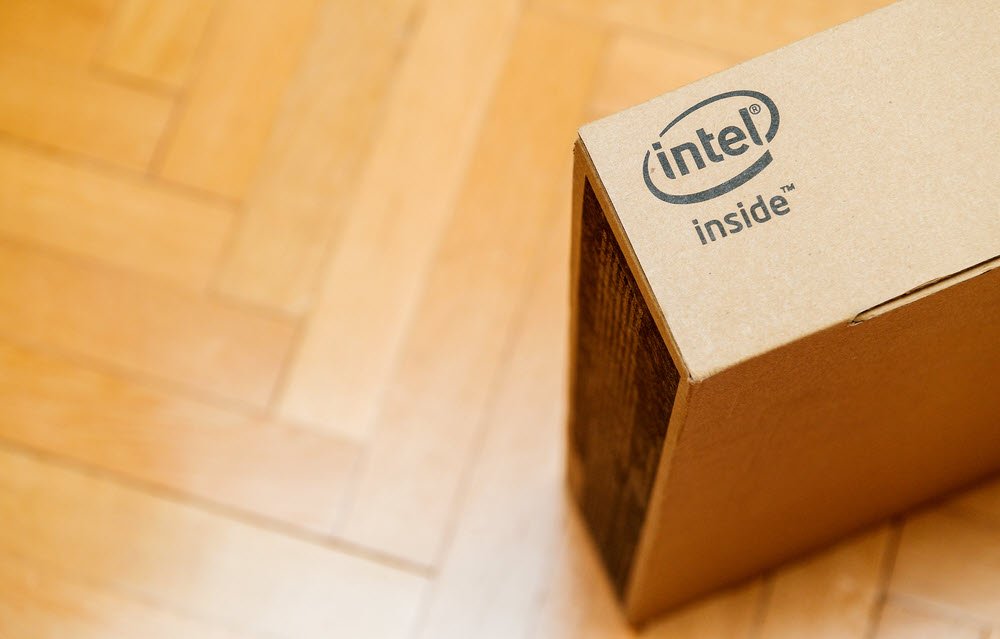With Windows 11 in the news for all the right reasons, this could be a good time to invest in a new PC for the family or home office.
"But every new home computer should come with a pronotice security" report the experts of the digital security company ESET.

“Hackers will be after your data from the moment you go online. And they have numerous ways to get them. That's why you need to think about cybersecurity before you even log in and turn on your device.”
Take a few minutes to remember some cyber-health rules. The four main threats to my computer?
Once you're online, malicious scammers will seek to steal your data, encrypt your files and demand ransom, extort financial information, secretly mine cryptocurrencies and more. They will do this through a number of tried and tested methods, which often rely on hacking, stealing or obtaining passwords or exploiting software vulnerabilities.
According to the experts from the ESET team, the top four threats are:
- Phishing: Μια από τις παλιότερες μορφές απάτης. Οι κυβερνοεγκληματίες μεταμφιέζονται σε νόμιμες και αξιόπιστες πηγές (τράπεζες, εταιρείες τεχνολογίας, καταστήματα λιανικής πώλησης κ.λπ.) και προσπαθούν να πείσουν τους χρήστες να κάνουν κλικ σε συνδέσμους ή/και να ανοίξουν συνημμένα αρχεία σε μηνύματα ηλεκτρονικού ταχυδρομείου. Με αυτόν τον τρόπο οι χρήστες οδηγούνται σε μια πλαστή ιστοσελίδα που τους ζητά να συμπληρώσουν προσωπικές πληροφορίες (όπως κωδικούς σύνδεσης ή/και στοιχεία διεύθυνσης/οικονομικά στοιχεία) ή μπορεί να προκαλέσουν λήψη malware.
- Drive-by downloads and malicious ads: Sometimes, an innocent visit to an infected website or a website that hosts a malicious ad can lead to the download of malware. We might think that well-known websites might be less exposed this way, as they have better resources and can provide enhanced protection. But there have been many examples over the years that show this is not always the case. That is why it is necessary to invest in security software from a trusted provider and ensure your browser's security settings are correct.
- Digital skimming: Hackers can also hack into the payment pages of e-commerce websites and infect them with malware designed to silently collect your card details as you enter them. This is difficult to avoid as the problem is with the provider. However, buying from more reputable websites can reduce the risk.
- Malicious applications and files: Cybercriminals also hide malware inside applications and file downloads that appear legitimate. Many of these are posted on online forums, P2P sites, and other third-party platforms. That's why it's a good idea to only download files from trusted sources and use an effective anti-malware software tool.
The 10 tips for your computer security
Many of the steps below may be done automatically by your PC manufacturer or Microsoft, but it's worth doing a little more digging to make sure all the settings are as secure as you need them to be.
These are the 10 tips given by ESET experts for the security of your computer:
1. Download a multi-factor authentication app to help protect your accounts from phishing and other attacks.
2. Avoid using USBs that you don't own, in case they are loaded with malware.
3. Use one Password manager to ensure all your passwords are unique, strong, and hard to crack.
4. Only download apps/files from trusted sources and avoid pirated material, which can often be laced with malware.
5. Set up automatic updates for the operating system and any software running on the computer.
6. Remove the bloatware (pre-installed applications) that often comes with computers. Check beforehand if you don't recognize any software to make sure that removing it won't degrade the computer's performance. The fewer programs on the machine, the fewer opportunities attackers have to exploit errorthe in it.
7. Install layered security software from a trusted third-party vendor and keep it up-to-date.
8. Keep backups and ideally copy the data to a remote storage device that is kept offline.
9. Protect your browser by adjusting your privacy and security settings and making sure it's updated to the latest version.
10. Enable and configure the firewall on the operating system and home router, ensuring that it is protected with a strong password.
It goes without saying that even if you follow these best practices, you can still be at risk when browsing the web.
Always be careful, don't respond to spam emails and online messages, and make sure your device encryption is turned on.





